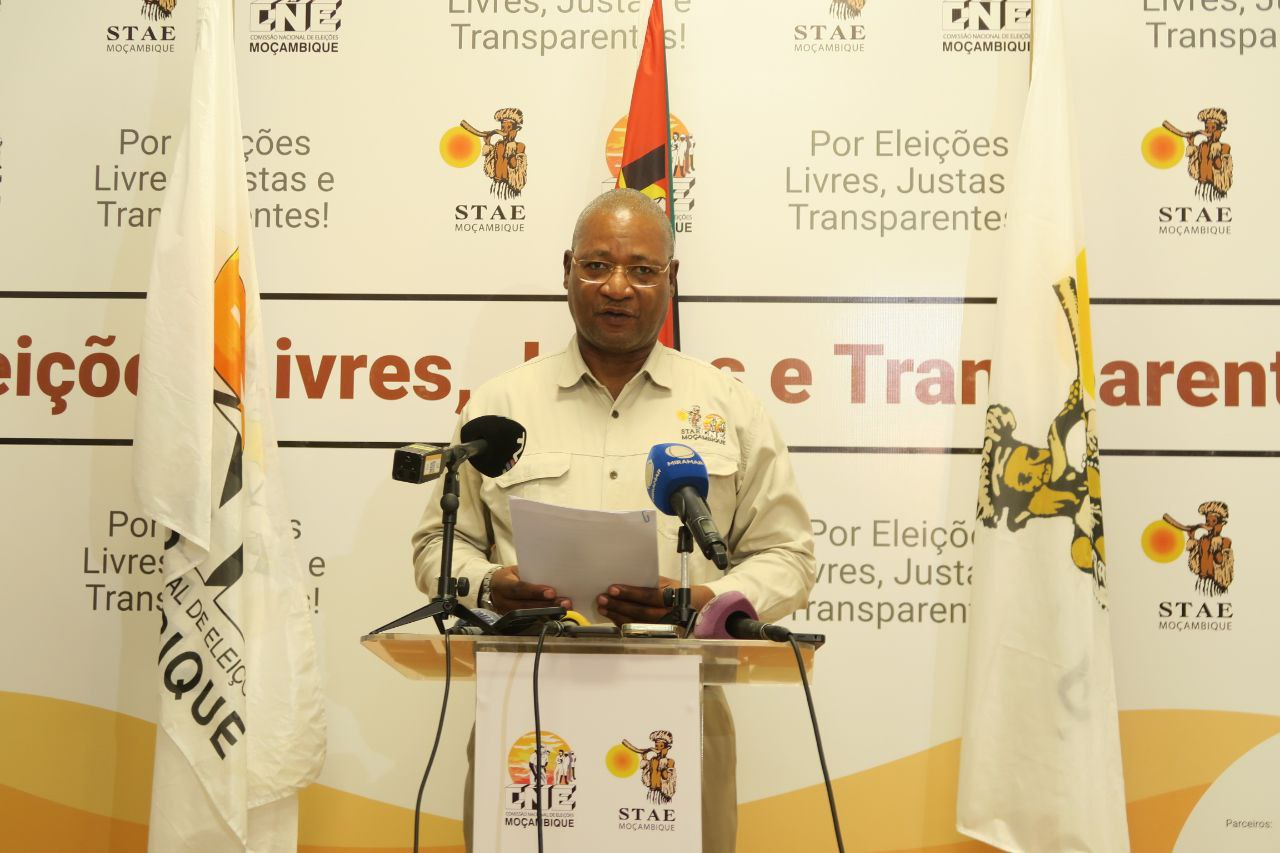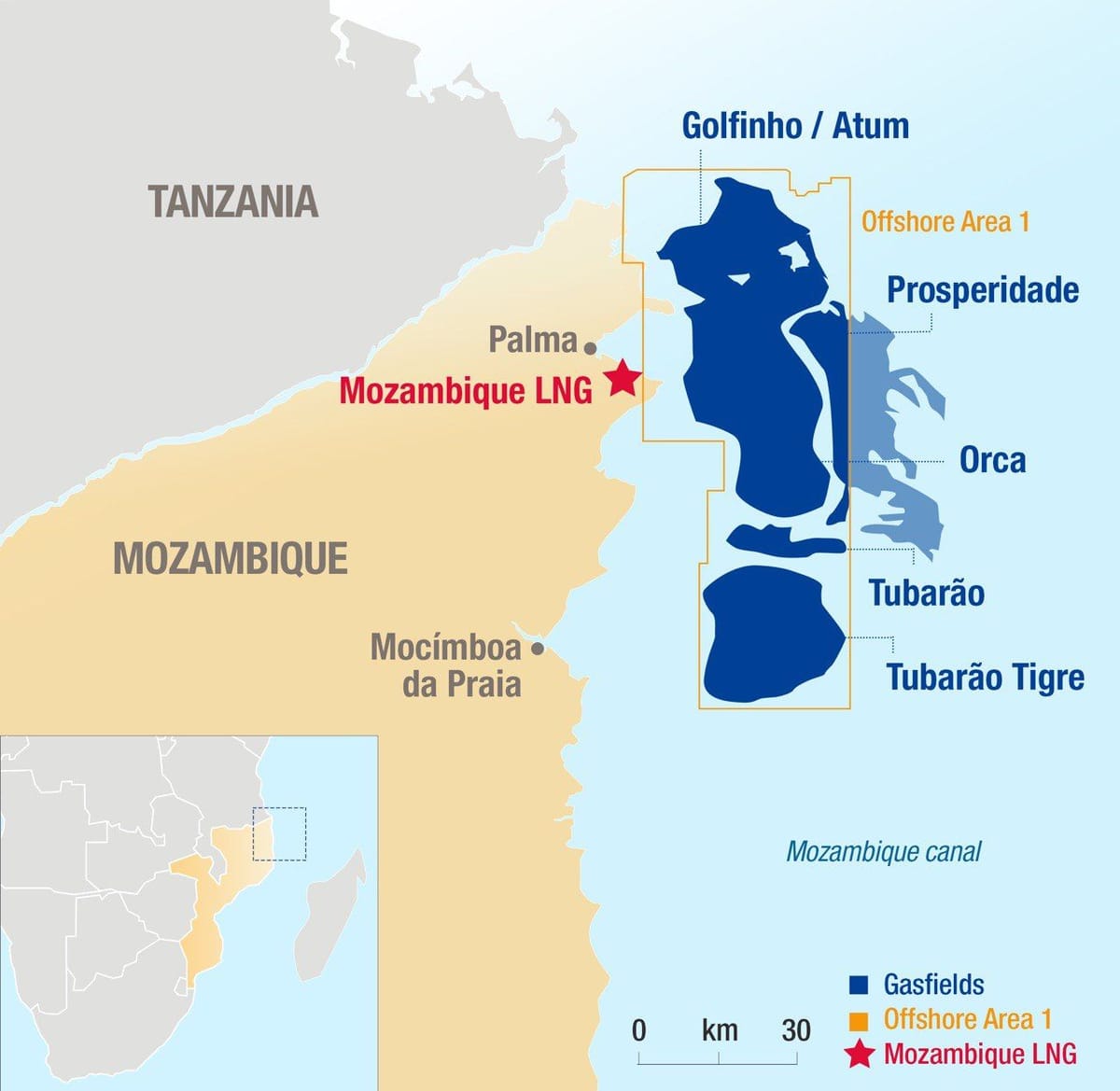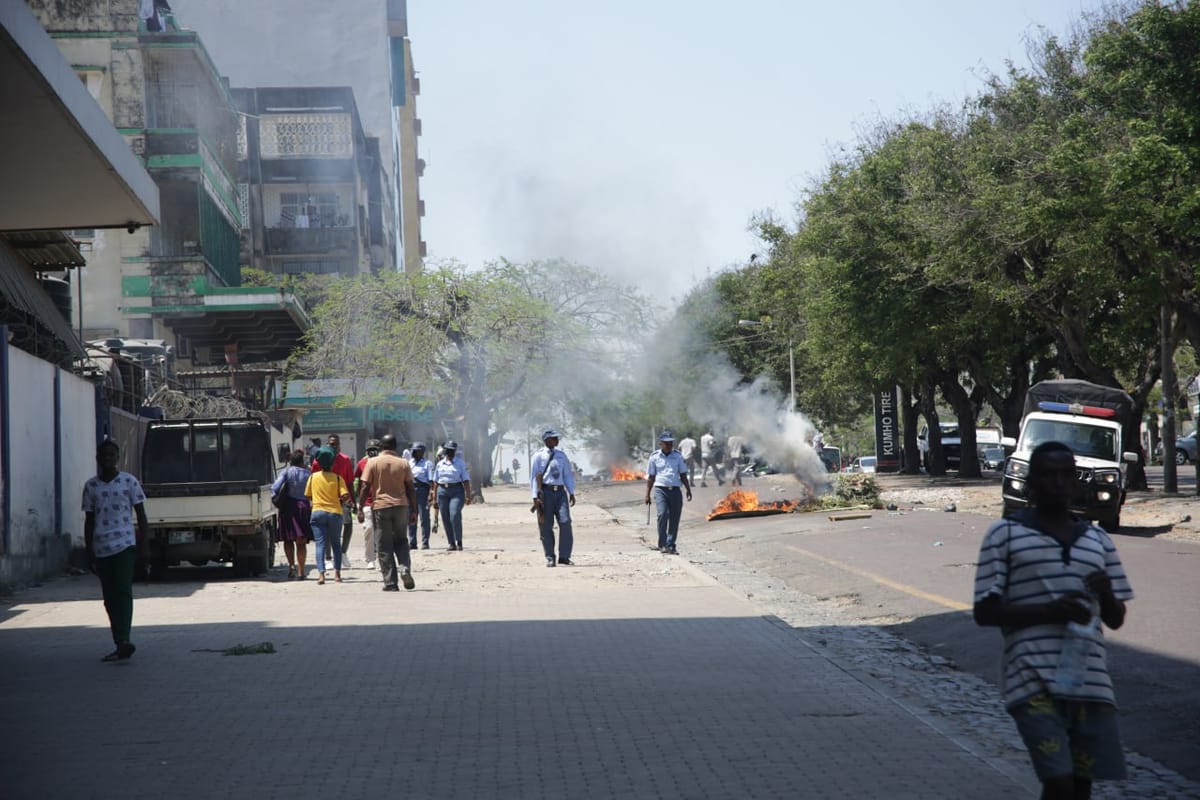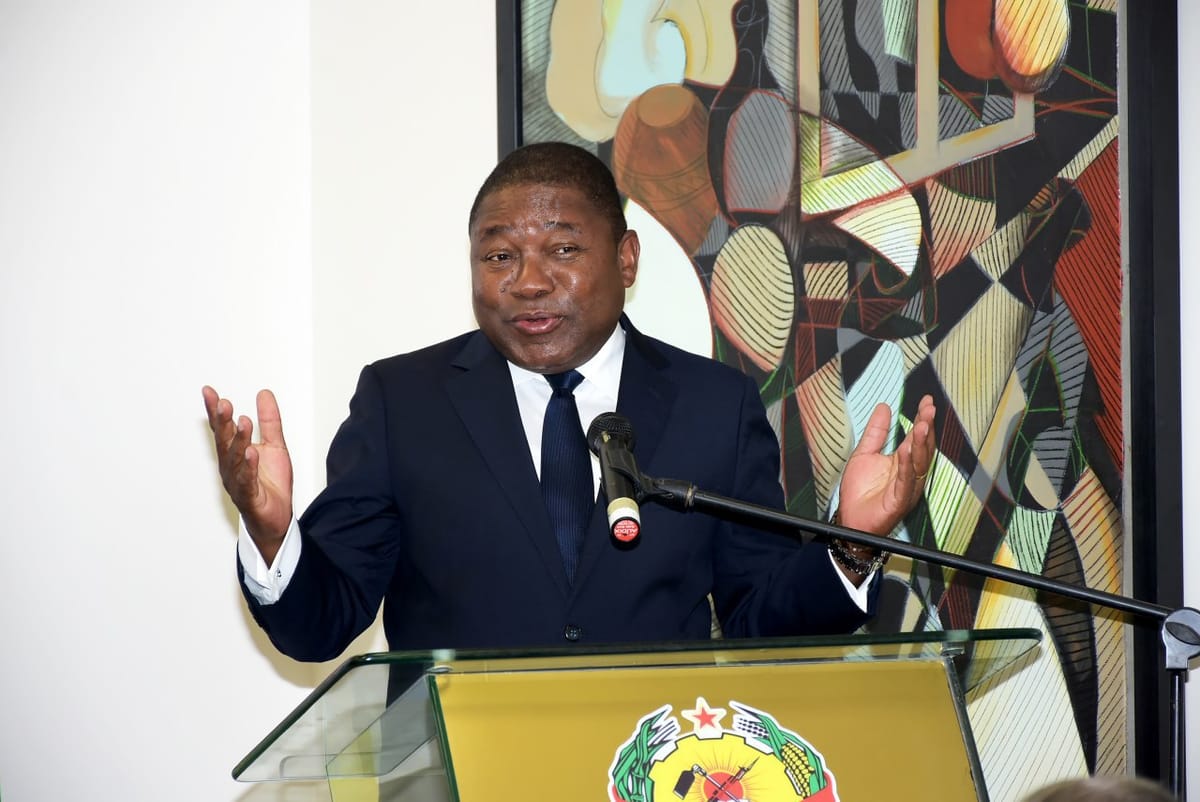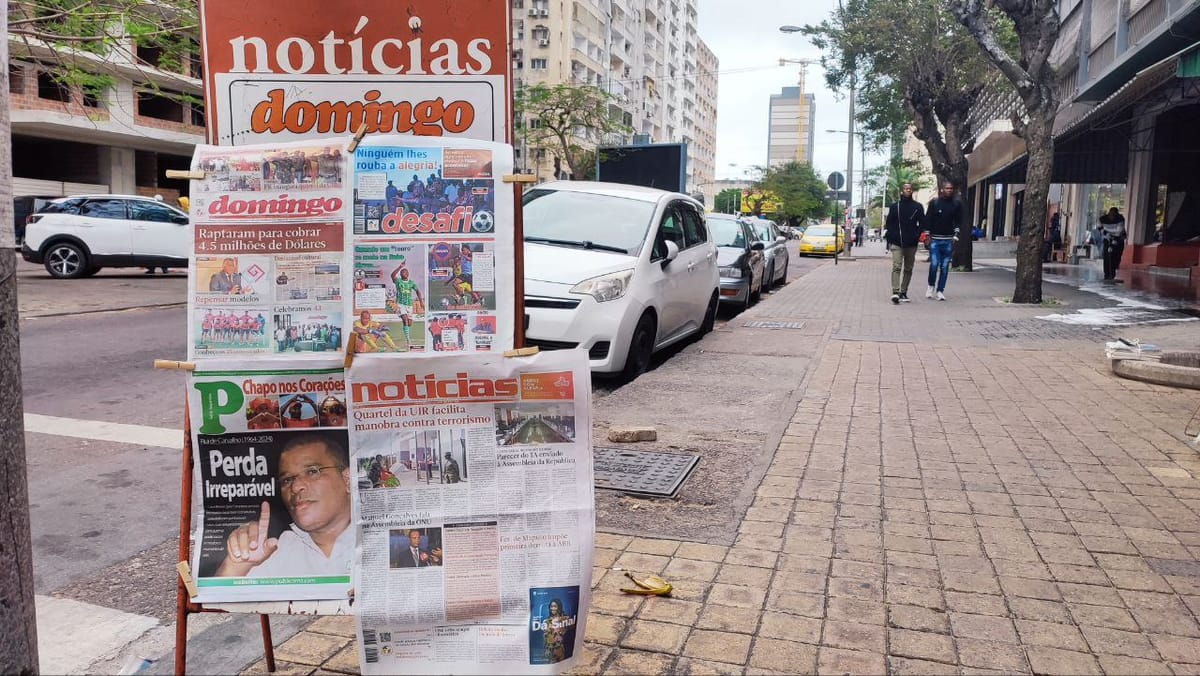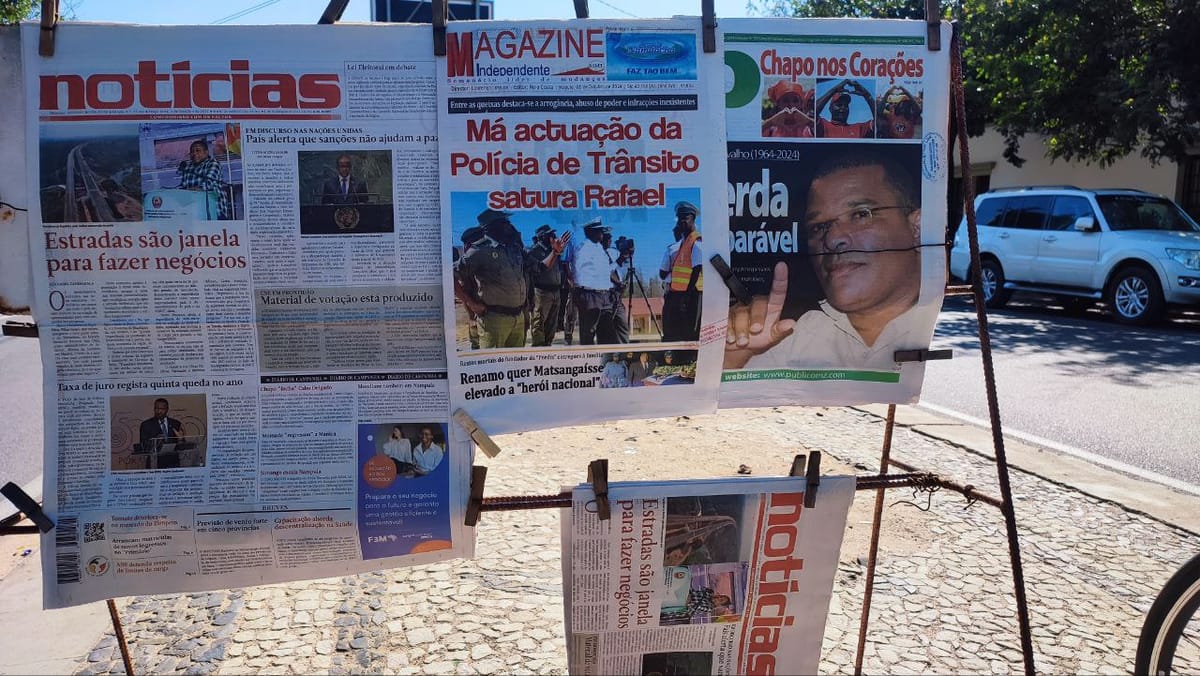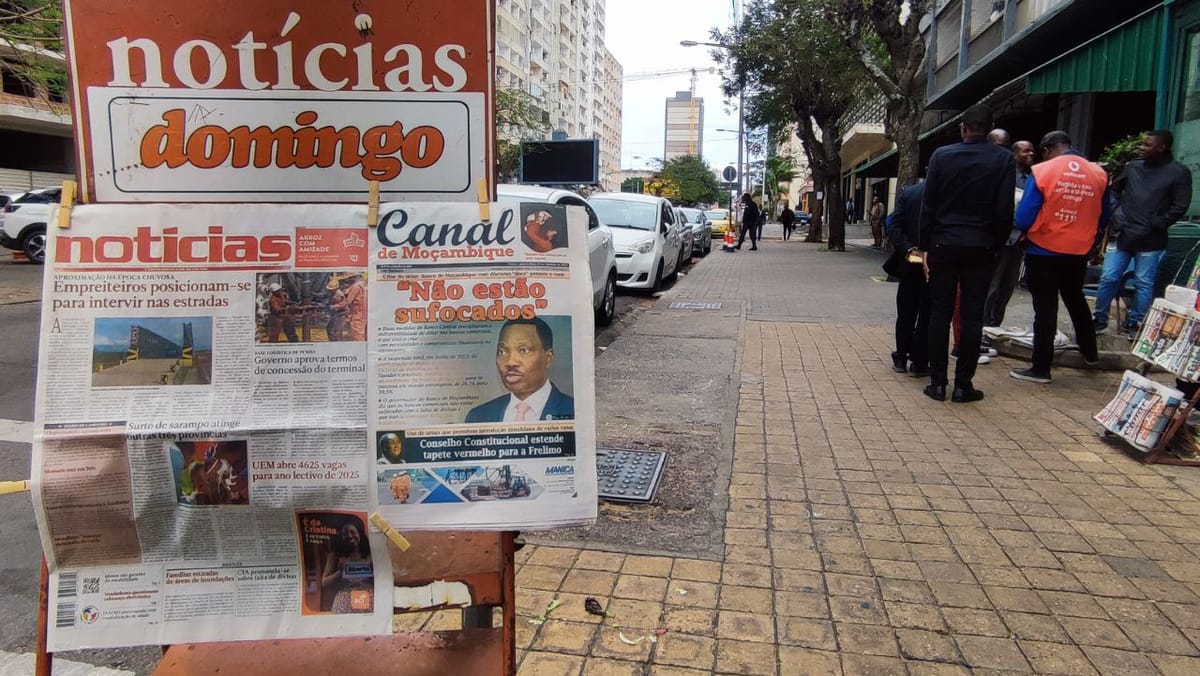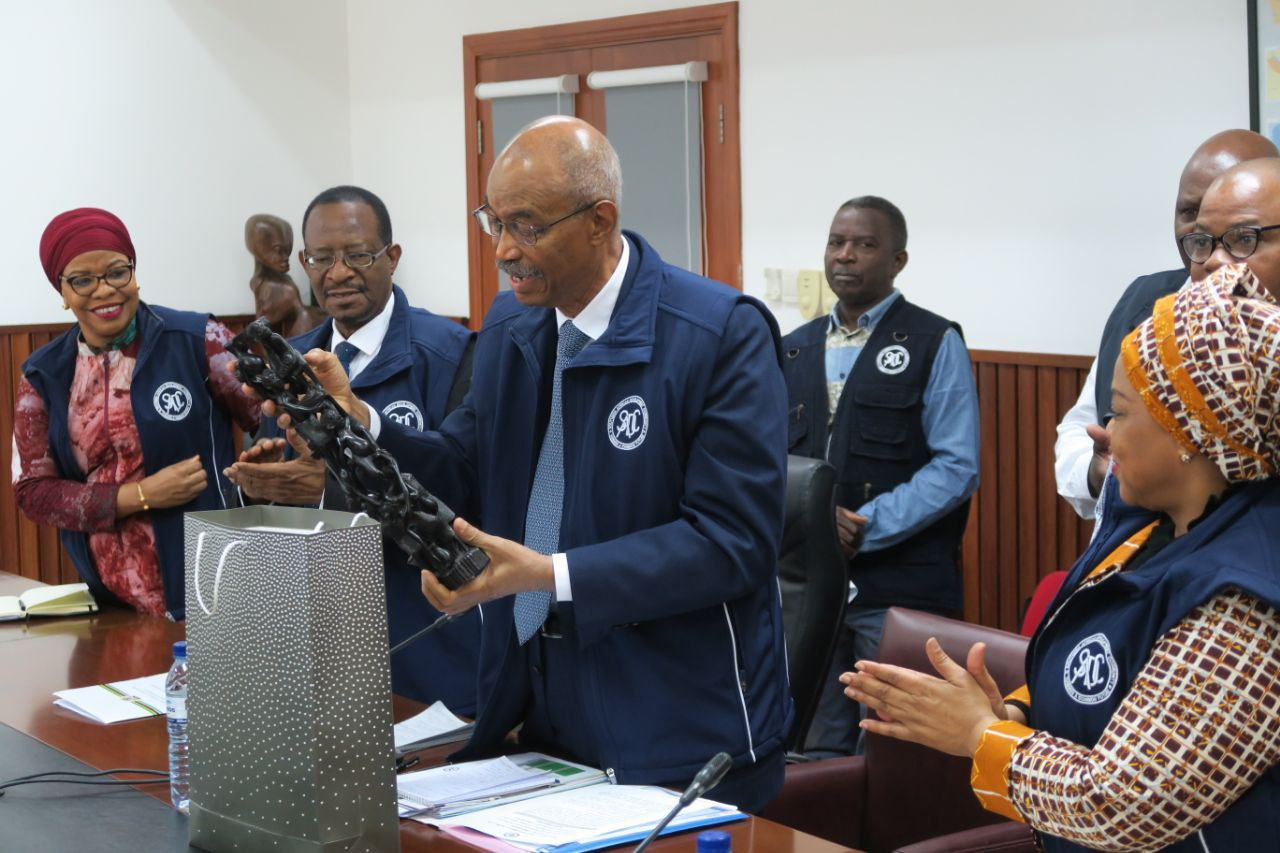Hello, and welcome back to the Zitamar Weekly newsletter — with two days remaining before Mozambique’s presidential election, along with national and provincial parliamentary elections.
Is the identity of Mozambique’s next president a foregone conclusion? Far be it from us to say. TotalEnergies boss Patrick Pouyanne said this week he is planning “to visit Mozambique by the end of the month myself to meet him”; well, yes, it will be a him, whoever wins. But Mozambican democracy moves slowly, and based on past form the result of the election is unlikely to be finally confirmed by the end of October.
We will have a good idea by then, of course; and we have a good idea now, since this year is highly unlikely to be the year that Frelimo is removed from power. Daniel Chapo, the Frelimo candidate, has all the advantages of incumbency, plus the advantage of an opposition vote which will be split three ways: between the candidates of Renamo and the MDM, and Venâncio Mondlane, running as an independent.
Mondlane has run an exceptional campaign and could yet take Chapo to a second round run-off. He can take votes from all three more established parties, and is likely to inspire a million new voters too. Frelimo’s well-practised election-winning machine, by fair means and foul, has its work cut out.
If Mondlane does look like posing a real challenge to Frelimo’s grip on power, things could turn nasty. Manuel de Araújo, the Renamo mayor of Quelimane, told the Chatham House think tank in London at the end of last month that this week’s elections could be the most violent in Mozambique’s history.
At Chatham House, de Araújo also conceded that Renamo is “not democratic internally” — a charge he levelled at Frelimo too. But the ruling party, for all its faults, is further along that path than Renamo, which has yet to see a party leader leave office alive. (The same is true for the MDM, which was effectively inherited by Lutero Simango after the death of his brother Daviz.)
So although the identity of the next president of Mozambique may be a foregone conclusion, who will be president of Frelimo this time next year is an open question. Will Filipe Nyusi hang on to that post? Will Daniel Chapo replace him, as tradition dictates? Will a third person step into the role? Or will the position be abolished entirely? The possibility has been raised, and the party says it’s open to the debate — though Nyusi says he’s feeling victimised.
Last Friday was Mozambique’s Peace and Reconciliation Day, the anniversary of the agreement that ended the civil war between Renamo and the Frelimo government. But Saturday 5 October was the anniversary of something quite the opposite; the violent insurgency in Cabo Delgado started on the night of 4 October 2017, fully seven years ago. Sadly, no end is in sight. Zitamar’s Cabo Ligado conflict observatory, in partnership with ACLED, continues to provide the most comprehensive coverage of the war; the latest update came out last week.
That’s all for now. Election day on Wednesday is a public holiday in Mozambique, but our coverage will continue on our Telegram channel as well as articles and newsletters on our website. We wish all our readers a peaceful election week; see you on the other side.
The Week in Review
Monday
Justice minister Helena Kida highlighted the significant daily cost of over $250,000 for feeding 24,000 prisoners in Mozambique, raising concerns about potential corruption and mismanagement. This figure exceeds $10.50 per inmate, more than US federal prison meal costs. But Kida's focus on budget pressures overlooks the need for systemic reform, particularly in reducing unnecessary incarcerations. An academic study revealed that 30% of inmates are in pre-trial detention, with 40% of those improperly held for minor offences. Kida could advocate for non-custodial sentences and alternative measures to alleviate overcrowding and costs.
Tuesday
The Bank of Mozambique recently cut its reference interest rate from 14.25% to 13.5% but maintained high reserve requirements, despite the International Monetary Fund's recommendations to lower these requirements, which currently stand at 39% for both domestic and foreign currencies. Central bank governor Rogério Zandamela continues to prioritise inflation control over promoting economic growth.
In other developments, security concerns in Cabo Delgado province threaten the upcoming elections, with the National Elections Commission planning secret vote counts, potentially leading to confrontations. President Filipe Nyusi defended the toll road operator Revimo against profit-centric claims, emphasising its role in infrastructure maintenance. Meanwhile, a new bridge over the Revúboè River is set to open soon, aimed at easing heavy traffic.
Wednesday
Members of the current Mozambican administration are reportedly rushing to secure lucrative state contracts ahead of the upcoming elections, raising suspicions of corruption. The recent approval of a concession for a new goods terminal at the port of Pemba is viewed as a potential attempt by insiders to profit before the anticipated transition of power to Daniel Chapo.
Additionally, a critical dollar shortage is causing market chaos, impacting imports and financial operations, with airlines halting ticket sales due to difficulties in fund repatriation. Concerns are also rising over severe congestion in the Beira goods corridor, complicating port operations. Meanwhile, public consultations are set for a proposed road linking Vilanculos to South Africa, aimed at improving connectivity for mining communities.
Thursday
As Mozambique's elections approach, alarming evidence suggests widespread fraud favouring the ruling Frelimo party, reminiscent of last year’s local elections. Reports indicate intimidation of polling staff, biased voter registration, and clandestine vote counting. Despite these abuses being highlighted by local observers, international organisations like the EU and Commonwealth remain silent, citing a desire to avoid "interference," which undermines their role in promoting democracy. This silence facilitates electoral fraud rather than preventing it.
Additionally, logistical issues hamper the entry of observer missions, with some facing delays in accreditation. Regions like Cabo Delgado may only see voting in secure areas, further jeopardising the electoral process. The overall inaction of observers raises questions about their effectiveness in safeguarding democratic integrity.

